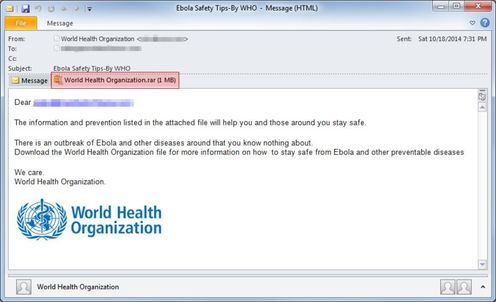 Anxiety For Christmas: How To Cope
Anxiety For Christmas: How To CopeChristmas can be hard. For some people, it increases loneliness, grief, hopelessness and family...
 The Enceladus Idea In The Search For Life Out There
The Enceladus Idea In The Search For Life Out ThereA small, icy moon of Saturn called Enceladus is one of the prime targets in the search for life...
 Deontological Decisions: Your Mother Tongue Never Leaves You
Deontological Decisions: Your Mother Tongue Never Leaves YouΙf you asked a multilingual friend which language they find more emotional, the answer would usually...
 Mummy Mia! Medicinal Cannibalism Was More Recent Than You Think
Mummy Mia! Medicinal Cannibalism Was More Recent Than You ThinkWhy did people think cannibalism was good for their health? The answer offers a glimpse into the...















